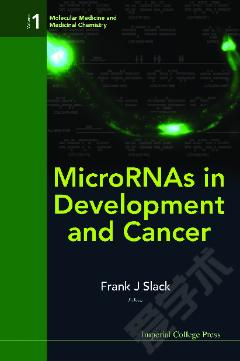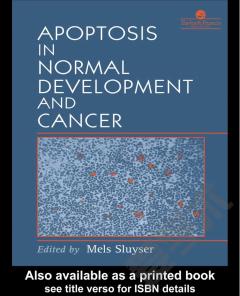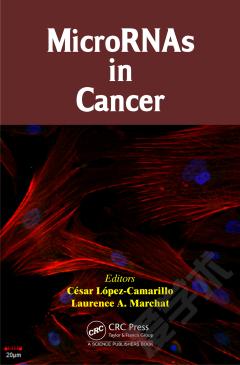Micrornas In Development And Cancer
MicroRNAs have recently emerged as key regulators of gene expression during development and are frequently misexpressed in human disease states, in particular cancer. These 22-nucleotide-long transcripts act to promote or repress cell proliferation, migration and apoptosis during development, all of which are processes that go awry in cancer. Thus, microRNAs have the ability to behave like oncogenes or tumor suppressors. In addition, their small size and molecular properties make them amenable as targets and therapeutics in cancer treatment. This book goes into detail on how microRNAs represent a paradigm shift in thinking about gene regulation during development and disease, and provide the oncologist with a potentially powerful new battery of agents to diagnose and treat cancer.
{{comment.content}}








 京公网安备 11010802027623号
京公网安备 11010802027623号